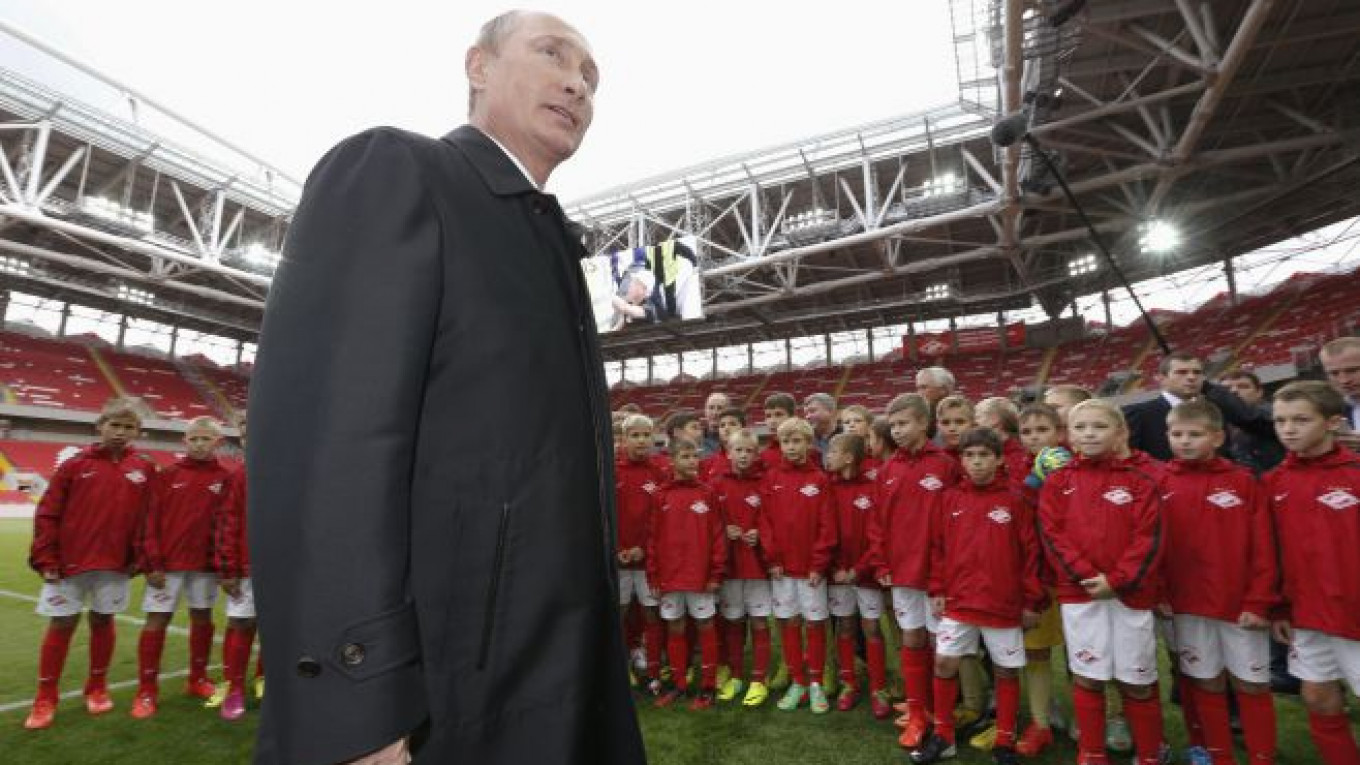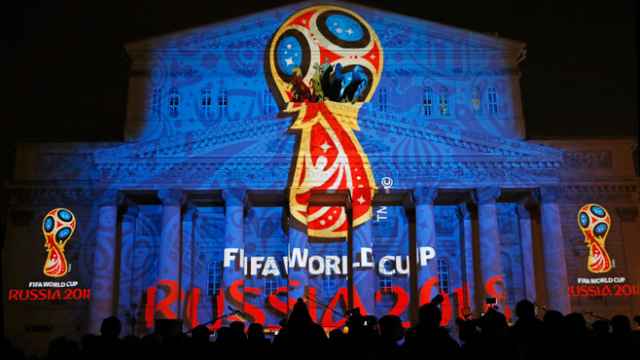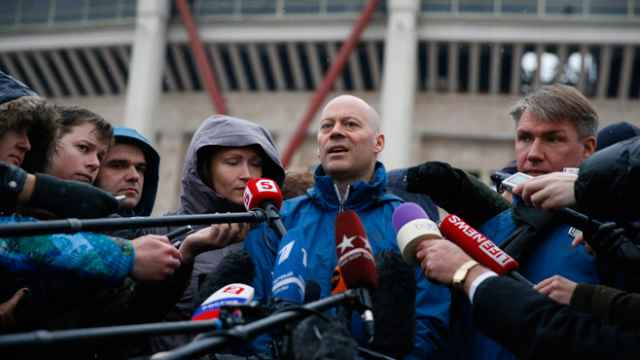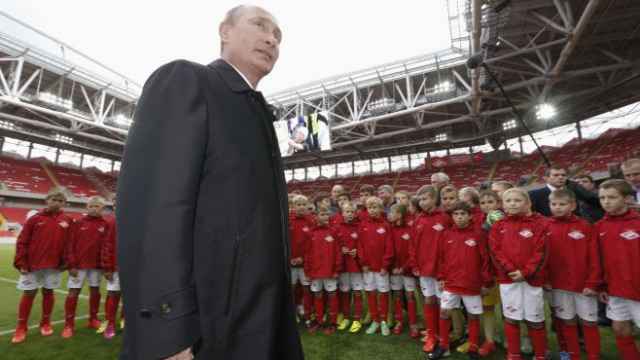Russia is experiencing problems with the construction of two World Cup 2018 stadiums, First Deputy Prime Minister Igor Shuvalov said Thursday.
"The stadiums that are causing the most concern are in Rostov-on-Don and Kaliningrad," Shuvalov, who is also chairman of the coordinating council for the 2018 World Cup, told reporters in Moscow.
He did not specify the problems facing the stadium in Rostov-on-Don, where construction is yet to begin, but listed numerous issues facing the Baltika Arena in Kaliningrad.
"In Kaliningrad, the problems don't just revolve around financing, but also questions about whether the investment is justified," he said.
"The soil there is causing a lot of problems and the most important thing for us is people's safety."
"[Russian Sports Minister] Vitaly Mutko Russia's Sports Minister is planning to visit the site soon to decide whether to support the site where the stadium is planned to be built as requested by the region's governor, or we will have to think of something else," added Shuvalov, who was visiting another World Cup venue, the Otkrytie Arena.
The Baltika Arena, which is set to hold 35,000 spectators, is due to be built on the Oktyabrsky Island. It is located in the central part of the city of Kaliningrad, between two rivers, which often flood.
Mutko told journalists at the end of October that the start of construction in Kaliningrad would be pushed back to April 2015. The project is due to be completed in May 2017.
Construction of the stadium in Rostov, which is set to hold 45,000 spectators, should have started in November.
The Arena, which is due to be built on the left bank of the Don river, is being delayed because the state inspection committee has yet to send the necessary documents.
The ground is expected to cost 21.9 billion rubles ($468.59 million) and was planned to be completed in the summer of 2017.
The arena will become the new home of FC Rostov, who play in the Russian Premier League.
The 2018 World Cup will involve 12 stadiums in 11 cities, including two in Moscow, and one each in St. Petersburg, Samara, Saransk, Rostov-on-Don, Sochi, Kazan, Kaliningrad, Volgograd, Nizhny Novgorod and Yekaterinburg.
A Message from The Moscow Times:
Dear readers,
We are facing unprecedented challenges. Russia's Prosecutor General's Office has designated The Moscow Times as an "undesirable" organization, criminalizing our work and putting our staff at risk of prosecution. This follows our earlier unjust labeling as a "foreign agent."
These actions are direct attempts to silence independent journalism in Russia. The authorities claim our work "discredits the decisions of the Russian leadership." We see things differently: we strive to provide accurate, unbiased reporting on Russia.
We, the journalists of The Moscow Times, refuse to be silenced. But to continue our work, we need your help.
Your support, no matter how small, makes a world of difference. If you can, please support us monthly starting from just $2. It's quick to set up, and every contribution makes a significant impact.
By supporting The Moscow Times, you're defending open, independent journalism in the face of repression. Thank you for standing with us.
Remind me later.






